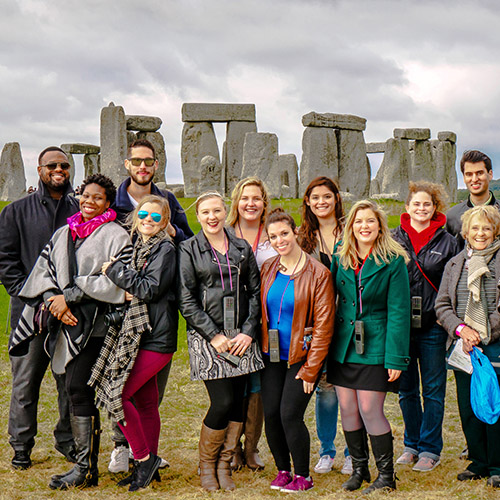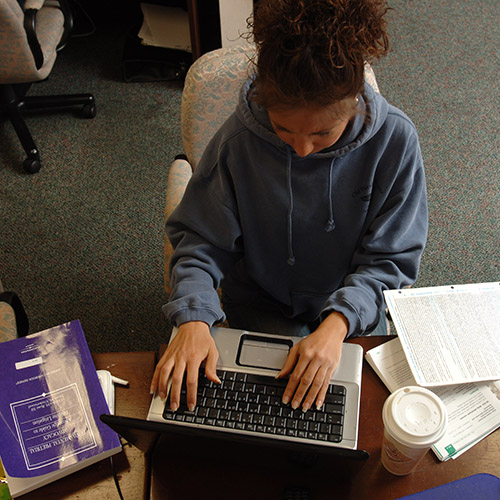LAW ACADEMICS

#1 in Trial Advocacy
Ranked #1 for 20+ years, Stetson highlights the importance of trial advocacy in honing your courtroom skills, sharpening critical thinking and preparing you for real-world litigation.

#3 in Legal Writing
Stetson's top-three ranking in legal writing for 20+ years highlights how you develop clear, precise and persuasive legal arguments essential for success in law school and beyond.
Additional Opportunities

International
Learn about international academic programs, study abroad, conferences and competitions.
International Programs
Honors
Provides motivated students with a historical and theoretical bases of the profession.
Honors Program
Dual/Joint Degrees
Stetson Law offers dual and joint degrees as well as accelerated and direct admissions.
Combination Degree Options